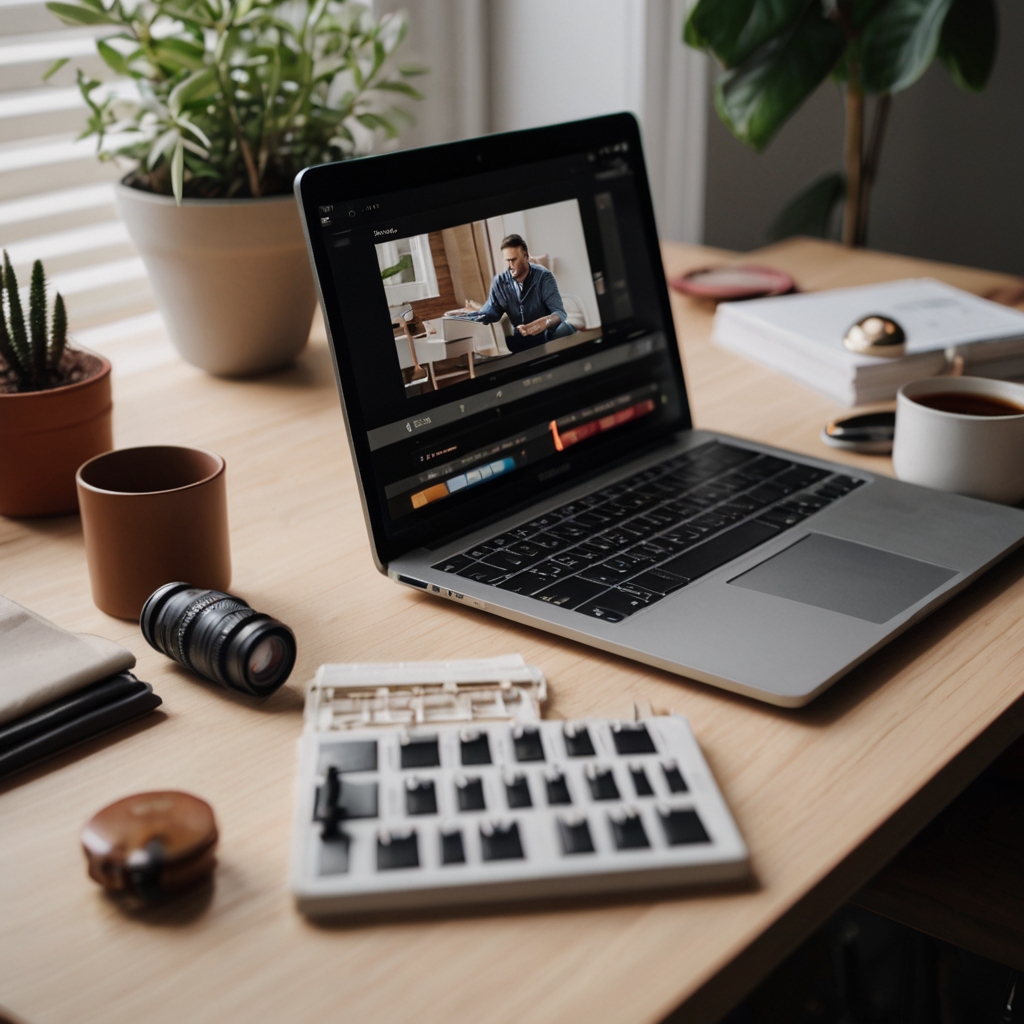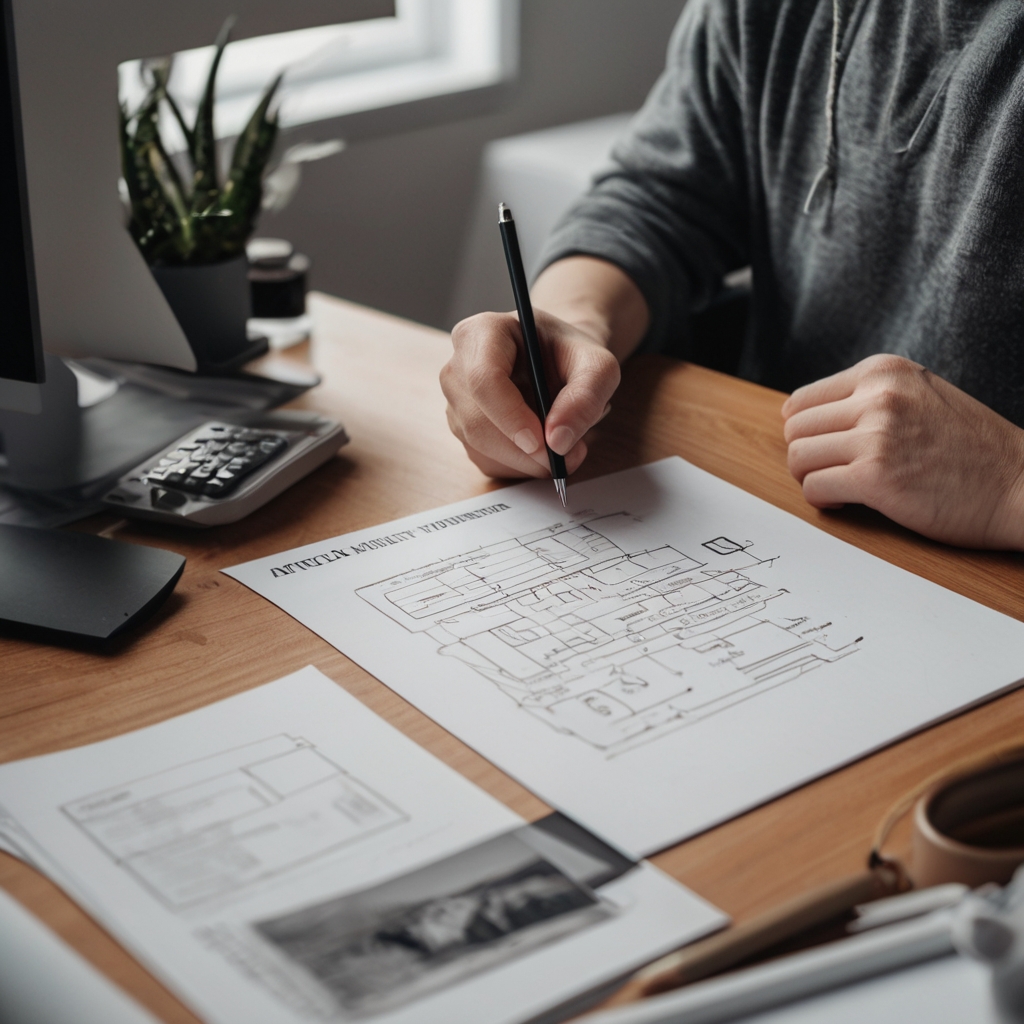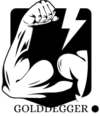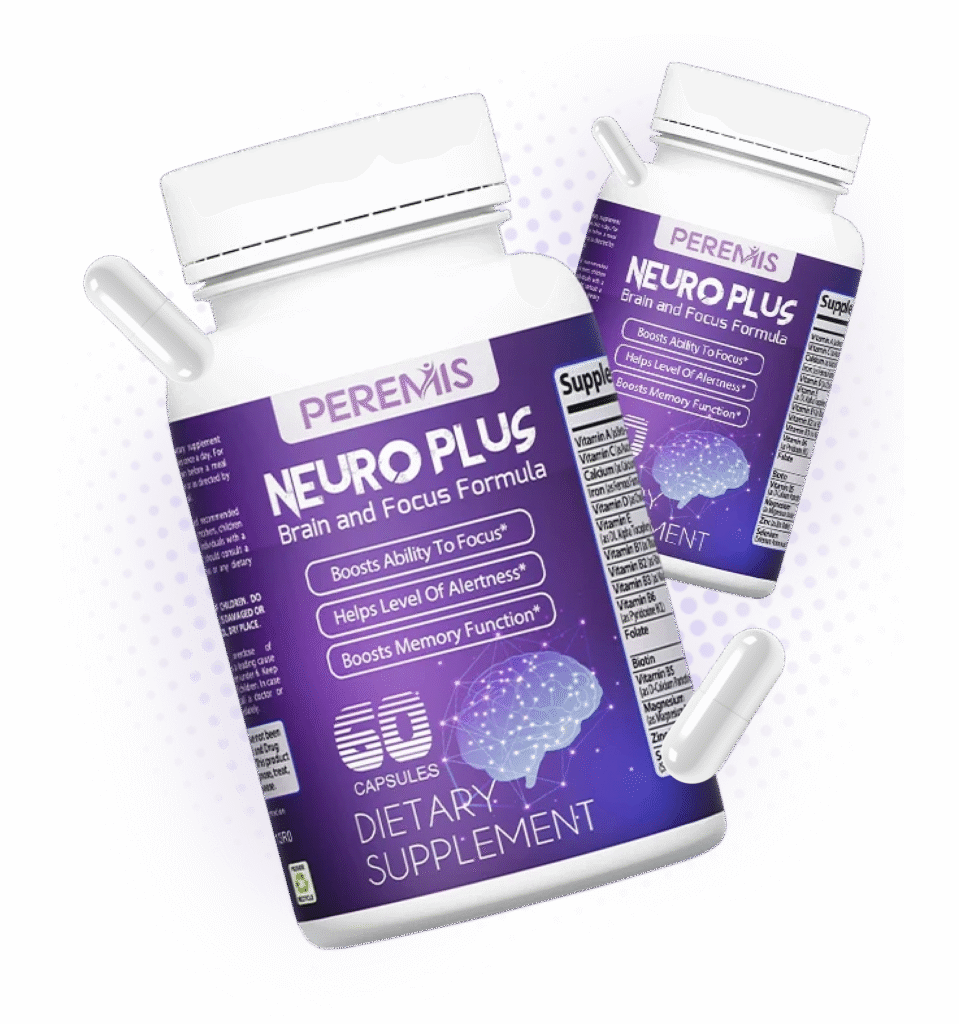🧠 Introduction
Let’s face it — being a busy professional today means your to-do list never ends, your inbox is always overflowing, and you’re expected to operate at full throttle 24/7. But what’s the cost of that hustle? Often, it’s your mental health.
Table of Contents
ToggleIn a world that glorifies being “booked and busy,” it’s easy to overlook what truly keeps us going — a healthy mind. This guide is your wake-up call and survival kit rolled into one. Let’s get into it.

💼 Understanding the Mental Health Struggles of Busy Professionals
Common Challenges in High-Stress Jobs
Being constantly on-the-go isn’t just exhausting — it’s dangerous for your mental well-being. Whether you’re a corporate executive, healthcare worker, or startup founder, the relentless pressure to perform can lead to:
Chronic stress
Emotional exhaustion
Panic attacks
Impostor syndrome

Burnout, Anxiety, and Depression in the Workplace
Burnout isn’t just “being tired.” It’s a full-body, full-mind shutdown. Combine that with unmanaged anxiety and the looming shadow of depression, and suddenly productivity takes a nosedive.
🧱 Building a Strong Mental Foundation
The Power of Self-Awareness
Know thyself. Sounds cliché, right? But it’s a game-changer. When you can pinpoint what triggers your stress or drains your energy, you’re better equipped to manage it.
Recognizing Early Warning Signs
Don’t ignore the little signs — headaches, irritability, or that feeling of being “off.” Your body whispers before it screams.

☀️ Daily Mental Health Habits for Professionals
Morning Rituals to Set the Tone
Skip the email scroll first thing in the morning. Instead:
Drink water
Do 5 minutes of stretching
Practice gratitude
Midday Mental Resets
Squeezing in a 10-minute walk or even stepping outside for fresh air can reset your brain better than caffeine.

Evening Wind-Down Techniques
Unplug from work. Ditch blue screens at least 30 minutes before bed. Try journaling or reading a physical book.
🕰️ Time Management for Mental Wellness
Prioritizing What Matters
Use the Eisenhower Matrix to identify what’s urgent vs. what’s truly important. Most things can wait.
The Art of Saying “No”
You can’t pour from an empty cup. Saying “no” to extra tasks = saying “yes” to your sanity.
🍎 Nutrition, Sleep, and Exercise: The Holy Trinity
Food for Mood
What you eat directly affects your brain. Aim for:
Omega-3s (hello, salmon!)
Leafy greens
Nuts and seeds
The Role of Sleep in Mental Recovery
You’re not lazy; you’re healing. Sleep is when your brain detoxes and resets.

Movement as Medicine
You don’t need to hit the gym daily. A 20-minute brisk walk boosts endorphins and slashes stress.
🏠 Mastering Work-Life Balance
Setting Boundaries with Work
Be unapologetic about logging off after hours. Set auto-responders if needed. Your personal time isn’t negotiable.
Making Time for What You Love
Schedule joy like a meeting. Paint, dance, cook — whatever fills your soul.

🧘 Mindfulness and Meditation Techniques
Simple Breathing Exercises
Try box breathing (inhale 4, hold 4, exhale 4, hold 4). It’s like a soft reboot for your mind.
Guided Meditation Apps for the Busy Brain
Apps like Calm, Headspace, and Insight Timer are quick fixes for chaotic thoughts.
🪴 Creating a Mental Health-Friendly Workspace
Declutter for Clarity
Messy desk = messy mind. Start small — clear one corner at a time.
Natural Light, Plants, and Personalization
Sunlight boosts serotonin. Plants lower stress. Add photos or quotes that inspire you.

📵 Leveraging Technology Without Letting It Control You
Digital Detox Tips
Designate screen-free zones or hours. Your brain craves boredom; it’s where creativity lives.
Healthy Use of Notifications
Turn off non-essential pings. Better yet, batch your emails and check them twice a day.

🤝 Social Connections and Support Systems
The Power of Peer Support
Talk it out with colleagues, friends, or mentors. You’re not the only one feeling overwhelmed.
Why You Shouldn’t Go It Alone
Mental health thrives in community. Whether it’s therapy, a support group, or just a trusted friend — open up.
🧑⚕️ When to Seek Professional Help
Breaking the Stigma
Therapy isn’t weakness. It’s personal training for your mind.
Finding the Right Help for You
Explore online platforms, employee assistance programs (EAPs), or in-person sessions. There’s no “one-size-fits-all” in mental health care.

✈️ Travel and Breaks as Mental Recharge Tools
Micro-Vacations and Weekend Getaways
Even a day trip can reboot your mind. Nature is a powerful antidepressant.
The Mental Reset of Stepping Away
You’re not abandoning your work — you’re recharging so you can return stronger.
🔥 Managing Stress in High-Pressure Environments
On-the-Spot Stress Relievers
Chew gum. Splash cold water. Stand up and stretch. These hacks calm your nervous system fast.
Long-Term Stress Management Strategies
Long game? Regular exercise, good sleep, weekly check-ins with yourself.

📈 Developing a Long-Term Mental Health Plan
Journaling and Tracking Progress
Use a mood tracker or journaling app to monitor your emotions and triggers.
Adapting Your Routine as Life Changes
New job? New stress. Your self-care should evolve too.

✅ Conclusion
Your job is important, but your mental health is essential. Without a sound mind, you can’t lead, build, create, or grow. These strategies aren’t just tips — they’re lifelines. Start small. Stay consistent. Prioritize yourself.
🙋♀️ FAQs
1. What’s the best quick mental health tip for professionals?
Take a 5-minute walk outside. It clears your mind and resets your mood instantly.
2. How can I improve work-life balance when I’m always on call?
Set micro-boundaries — even 10 minutes of true disconnection helps. Also, communicate your limits clearly.
3. Can I really improve my mental health without therapy?
Yes — daily habits, mindfulness, exercise, and rest help tremendously. But therapy can take your progress further.
4. How do I know I’m experiencing burnout?
If you feel emotionally drained, detached from work, and constantly exhausted — it’s likely burnout.
5. Are meditation apps really effective?
Absolutely. Even 5–10 minutes a day using apps like Headspace or Calm can significantly reduce stress.
Turbocharge Your Mental Performance with neuro plus supplement
Say goodbye to mental fog as it boosts memory function and sharpens recall, allowing you to stay on top of every detail. Its natural formula promotes mental clarity without jitters, supporting stress management to help you feel calm and in control. Plus, with improved energy levels and better sleep, you’ll experience a true sense of balance and rejuvenation. Neuro Plus doesn’t just fuel your mind—it transforms your life.


